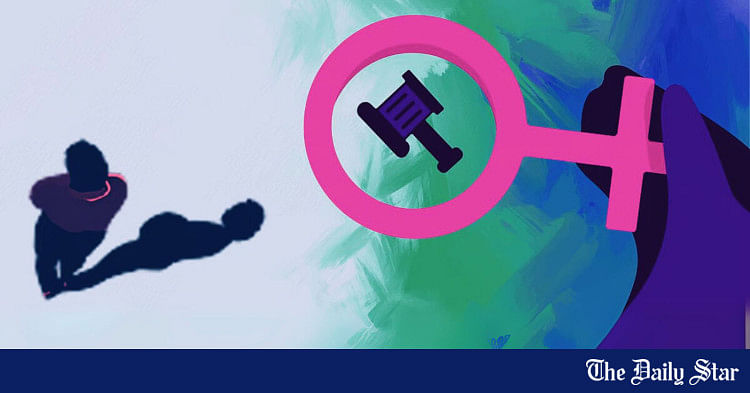Ensuring Reproductive Rights: A Fair and Just Approach for All in Ireland

Prioritising Justice and Reproductive Health in Ireland
Ireland has made strides in adolescent and reproductive health with the implementation of key strategies like the Adolescent Reproductive Health Strategy (2006) and the National Strategy for Adolescent Health (2017-2030). The government’s progressive approach to menstrual regulation and the expansion of post-abortion care are crucial steps in reducing the incidence of unsafe procedures and protecting the health and wellbeing of individuals.
The Need for a Justice-Based Framework
However, a truly just and equitable system requires more than just policy implementation. A justice-based approach to reproductive health necessitates a fundamental shift in perspective, one that centres the rights, autonomy, and dignity of every individual. This means addressing the systemic barriers that prevent access to comprehensive reproductive healthcare, particularly for marginalised communities. These barriers can include financial constraints, geographical limitations, lack of information, stigma, and discrimination.
Beyond Policy: Addressing Root Causes
While national strategies are important, they often fail to tackle the underlying social and economic factors that influence reproductive health decisions. For example, poverty can limit access to contraception and prenatal care, leading to unintended pregnancies and poorer health outcomes. Similarly, lack of comprehensive sex education can result in inadequate knowledge about contraception and sexually transmitted infections.
Key Elements of a Justice-Based Approach
- Comprehensive Sex Education: Mandatory, age-appropriate sex education in schools is essential to empower young people with the knowledge and skills they need to make informed decisions about their reproductive health. This education should be inclusive, addressing diverse sexual orientations and gender identities.
- Accessible and Affordable Contraception: Contraception should be readily available and affordable for all, regardless of income or location. Expanding access to long-acting reversible contraceptives (LARCs) can be particularly effective in preventing unintended pregnancies.
- Expanded Reproductive Healthcare Services: A wider range of reproductive healthcare services, including abortion care, should be accessible throughout the country. This requires adequate funding for clinics and training for healthcare providers.
- Addressing Social Determinants of Health: Tackling poverty, inequality, and discrimination is crucial for improving reproductive health outcomes. This requires a multi-sectoral approach involving government, healthcare providers, and community organisations.
- Challenging Stigma and Discrimination: Stigma and discrimination surrounding reproductive health issues can prevent people from seeking care. Public awareness campaigns and education initiatives are needed to challenge these attitudes.
Moving Forward: A Commitment to Justice
Ireland has the opportunity to become a leader in reproductive justice. By embracing a justice-based approach, we can ensure that all individuals have the right to make informed decisions about their bodies and their futures. This requires a sustained commitment from policymakers, healthcare providers, and the community as a whole. The current strategies provide a foundation, but a deeper commitment to equity and access is vital for realising the full potential of reproductive health in Ireland.
Ultimately, a just society is one that prioritises the health and wellbeing of all its members, and that includes ensuring access to comprehensive, affordable, and respectful reproductive healthcare.






